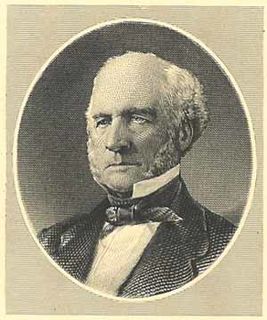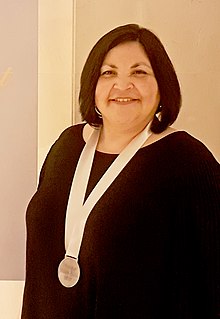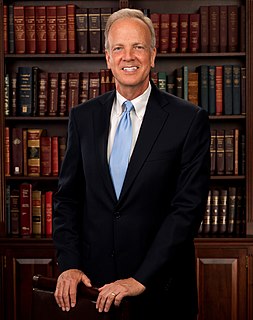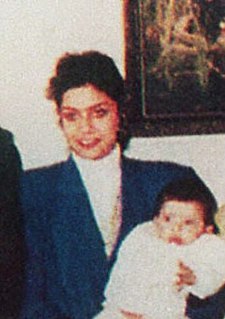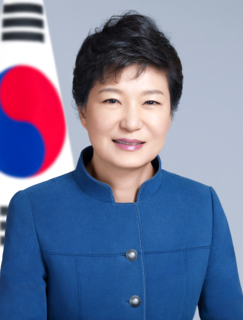A Quote by Alvin Adams
I am convinced that dealing intelligently with the press is of the greatest importance to the success and effectiveness of a humanitarian mission.
Quote Topics
Related Quotes
And to me, that is the greatest danger, that people start questioning basic facts and start not understanding the importance of democratic institutions such as the free press. I mean, to call the press the enemy is dangerous and just remarkably bizarre. The press is the only profession protected in the Constitution because of how important the framers viewed the press. But in authoritarian regimes, they control the press. And to me, going down an authoritarian path is the greatest danger that we face as a republic.
With patient and firm determination, I am going to press on for jobs. I'm going to press on for equality. I'm going to press on for the sake of our children. I'm going to press on for the sake of all those families who are struggling right now. I don't have time to feel sorry for myself. I don't have time to complain. I am going to press on.
When the people who are in power want to use again, create an image, to justify something that's bad, they use the press. And they'll use the press to create a humanitarian image, for a devil, or a devil image for a humanitarian. They'll take a person who's a victim of the crime, and make it appear he's the criminal, and they'll take the criminal and make it appear that he's the victim of the crime.
The humanitarian wishes to be a prime mover in the lives of others. He cannot admit either the divine or the natural order, by which men have the power to help themselves. The humanitarian puts himself in the place of God.
But he is confronted by two awkward facts; first, that the competent do not need his assistance; and second, that the majority of people positively do not want to be "done good" by the humanitarian. Of course, what the humanitarian actually proposes is that he shall do what he thinks is good for everybody. It is at this point that the humanitarian sets up the guillotine.
They think my father has a lack of concern for human rights, but regardless of details, the Americans should be humanitarian in dealing with his family, because we are human. Saddam has three young ladies and they have children, I have five, Rana has four, and Hala has two. Therefore, our father is very dear to us. His grandchildren love him a lot. Why aren't humanitarian factors taken into account?
The UN was very media-shy, and its relationship with the press was very controlled; although periodically I spoke to the press, the rule was, only the secretary-general speaks to the press; only the secretary-general makes... So you would see many situations where under-secretaries-general would come in and speak. I opened that, and I encouraged all of them to speak in their areas, whether it was peacekeeping or humanitarian efforts.
This year marks 20 years since the Rwandan genocide -- the world's greatest humanitarian tragedy of the late 20th century. The international community had pledged 'never again' in the aftermath of the genocide in the former Yugoslavia and Rwanda in the 1990s. Yet, we are witnessing today a different type of humanitarian disaster unfolding in Syria and Iraq.
